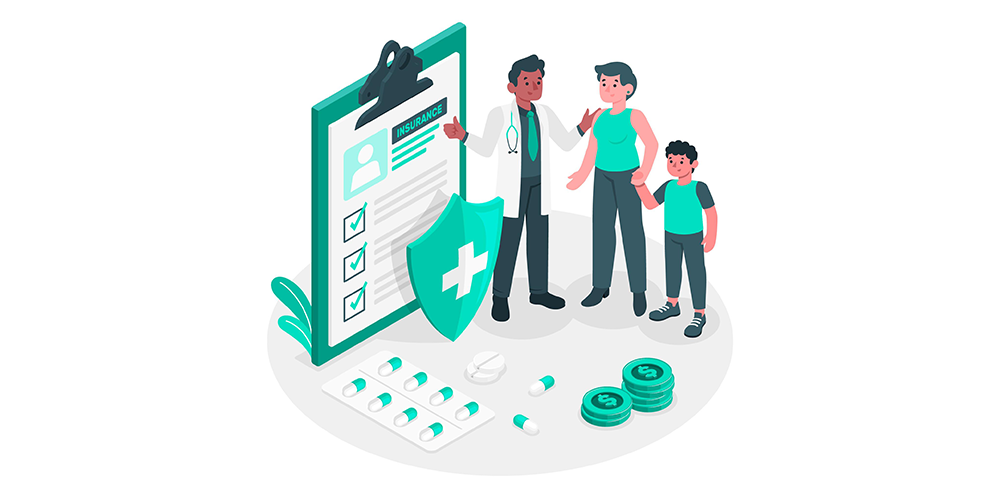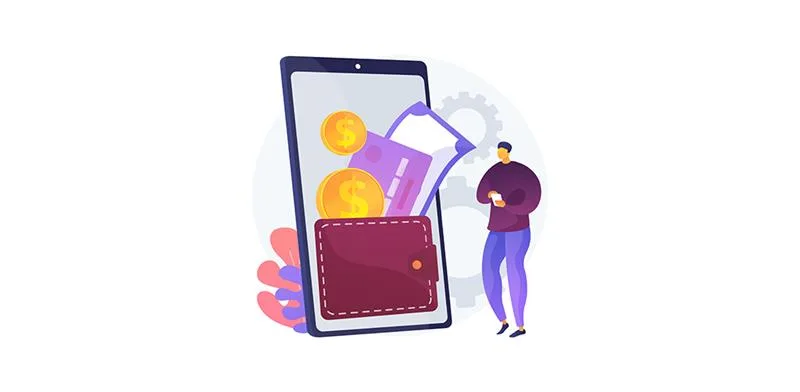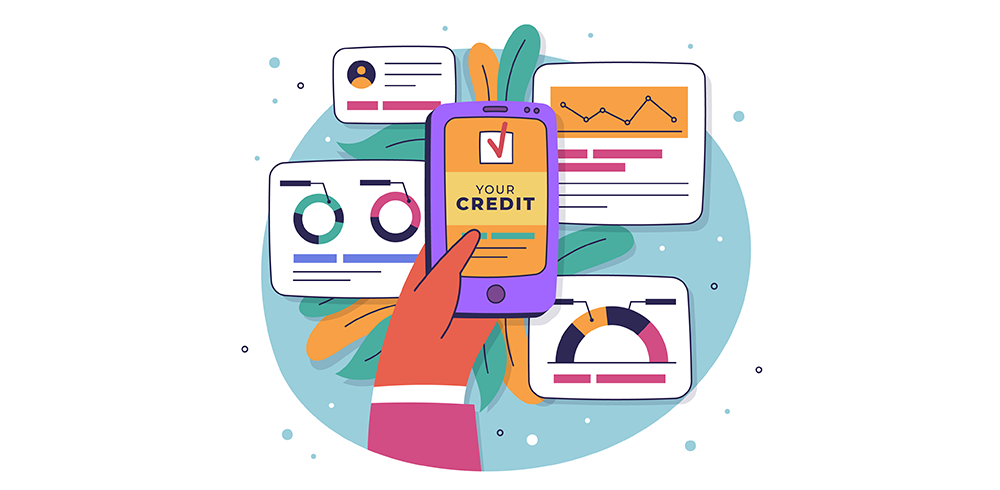TransUnion CIBIL is a credit reporting company that issues credit reports and credit scores to individuals and lenders. Both are important metrics because they are used by lenders to assess an individual’s creditworthiness. This information can be used to determine whether someone is eligible for a cash loan, and if so, what the terms of the loan should be.
Individual borrowers can also request a free credit report from CIBIL to check their own credit history and credit score. It is important to check your CIBIL report regularly for errors, especially if you are planning to apply for a loan in the near future.
What errors should you keep a lookout for? Let’s dig in!
What are the factors that affect the CIBIL report?
There are many factors that affect your CIBIL report. It contains information about your credit history, including information about any previous loans and repayments. One of the most important metrics it tracks is your credit utilization ratio, which is the amount of credit you’re using compared to your credit limit.
Making timely payments, paying off cash loans on time, and having a good mix of credit reflect well on your credit report. If you have missed payments or been late on payments, it negatively impacts your score. If you’re using a lot of your credit, it can hurt your score.
What errors can occur in my CIBIL report?
1. Incorrect information
One of the most common problems with CIBIL reports is incorrect information. This can be due to errors made by the reporting agencies or simply because your information has been mixed up with someone else’s. This can range from minor typos to bigger errors like incorrectly listed names, addresses, or other contact information.
2. Outdated information
Another problem with CIBIL reports is that they may not always be up-to-date. For example, if you’ve recently paid off a debt, it may take a while for this to be reflected on your report. This can be frustrating, but it’s important to remember that lenders will still take your recent repayment history into account when assessing your application.
3. Wrongly credited loan
A wrongly credited loan is a cash loan that shows up on your credit report but it isn’t one that you have taken. Since you never applied for this loan, it will show that you are not making the payments for it either. If you have a loan that is showing up as unpaid on your credit report, it will lower your score and make it harder to get approved for new cash loans in the future.
4. Overdue amount error
An overdue amount error on your credit report is an unpaid bill that has been incorrectly reported to the credit bureau. This can happen if you miss a payment or make a late payment. Over time, overdue amounts can damage your credit score. Check to see that all your payments show up on your credit report.
5. Wrong current balance
Your current balance is the amount of money you owe a specific lender. If this amount is wrong, it can show a skewed reflection of your credit situation. Depending on the severity of the error, it could impact your credit score.
What should I do if my CIBIL report is wrong?
If you’re worried that your CIBIL report is inaccurate, don’t panic. First, check your personal information to find the errors. If there’s a mistake, you can file a dispute with CIBIL. They will see your case and make changes accordingly.
If you’re having trouble getting approved for a loan because of your CIBIL score, there are a few things you can do to improve your chances. First, try applying for a smaller loan amount. Or you can use a small loan app instead of going through a traditional lender.
CASHe is a small loan app that uses its own patented AI technology to calculate a Social Loan Quotient to gauge an applicant’s creditworthiness. We take into consideration alternative data sources compared to the CIBIL score, helping us extend loans to those who would normally not have access to cash loans.
Download the CASHe app today!










